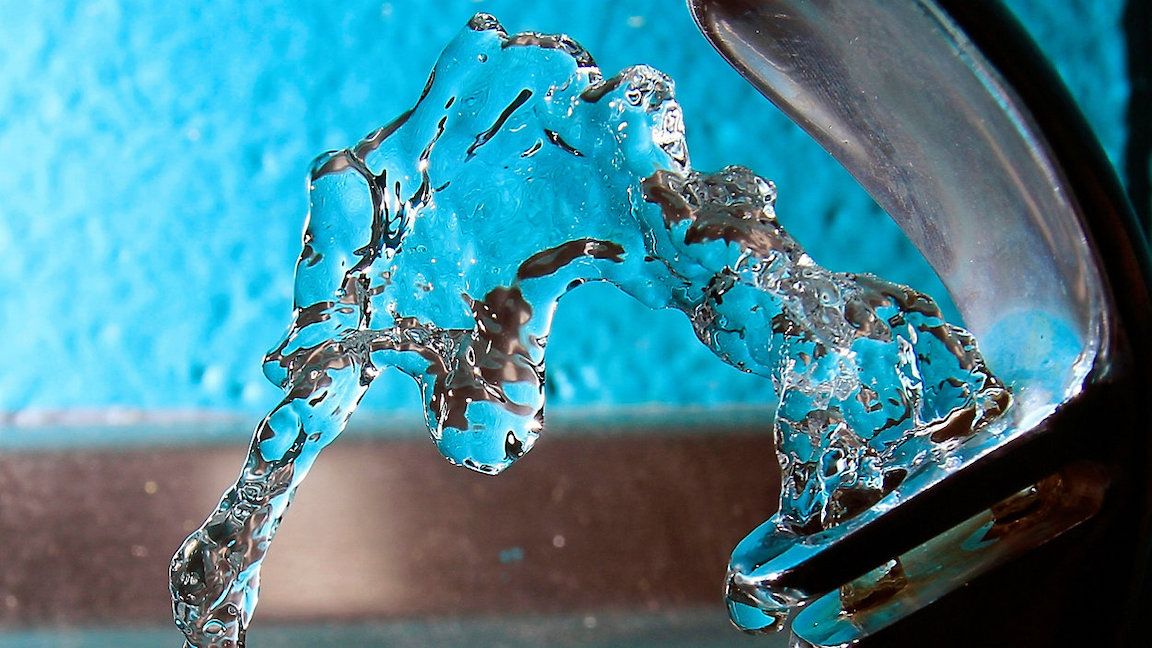MADISON, Wis. (AP) — The Wisconsin Department of Natural Resources is creating a new grant program to help small public water systems reduce PFAS and manganese contamination levels.
The DNR announced Monday that it will begin accepting applications for grants on Jan. 16 to help water systems that serve non-residential groups of at least 25 people for more than six months annually, such as schools and day care centers, and non-government water systems that serve at least 25 people year-round, such as mobile home parks and apartment buildings.
The grants will be funded through the 2021 bipartisan infrastructure law.
PFAS is an acronym for perfluoroalkyl and polyfluoroalkyl substances, a group of man-made chemicals that have been used for decades in a wide range of products, including firefighting foam and non-stick cookware. Studies have linked PFAS contamination to a host of ailments in humans, including liver and kidney disease and cancer.
Manganese is a naturally occurring metal that can cause significant health impacts if consumed in high concentrations, including lung, liver and kidney damage as well as a neurological condition known as manganism.



